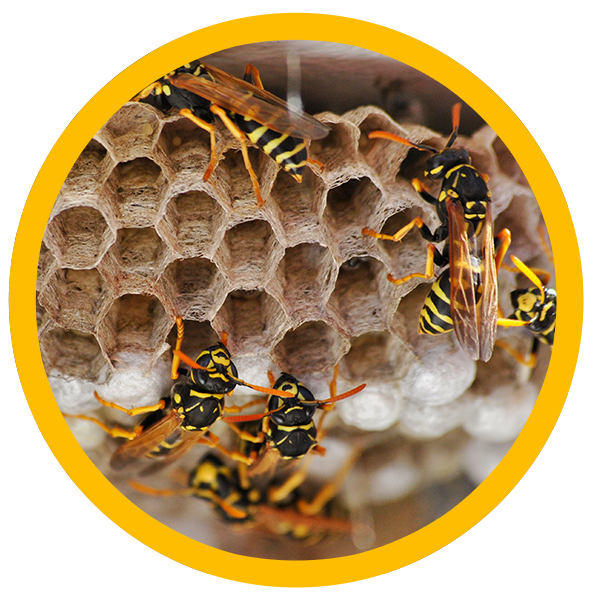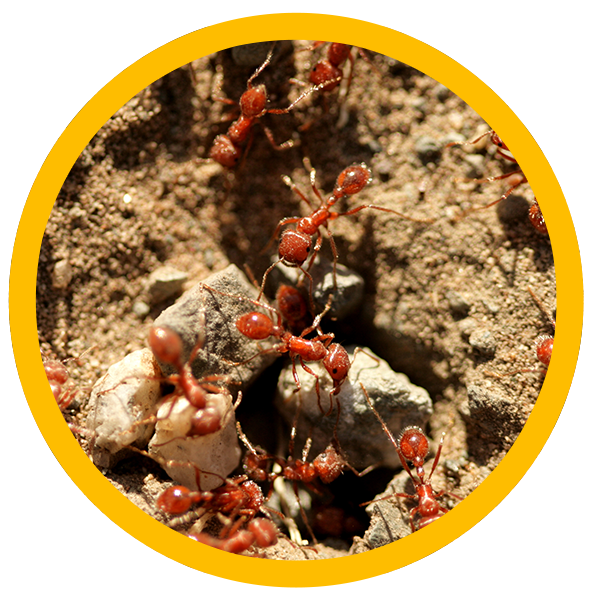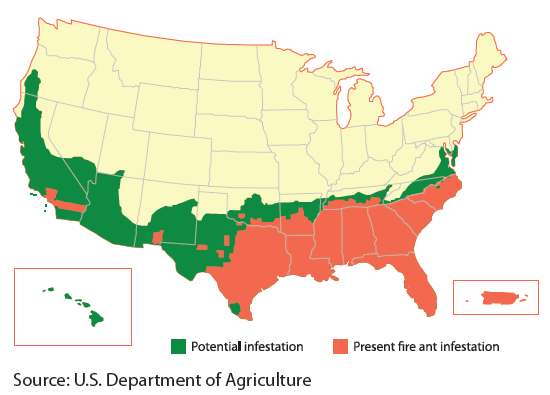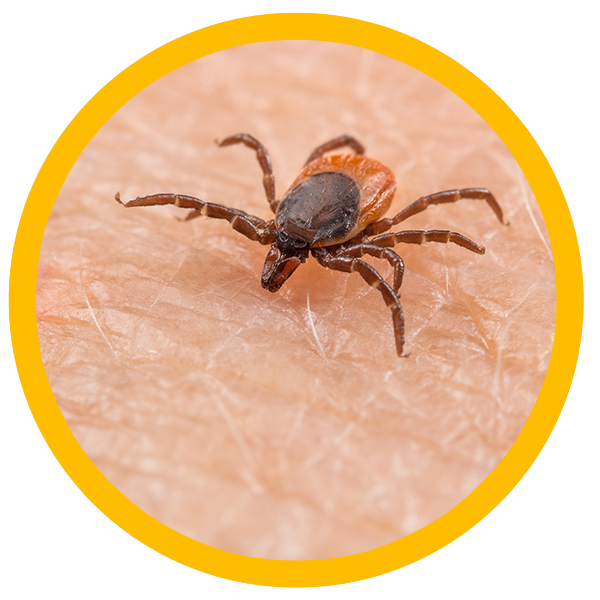Over the summer, ants, bees and mosquitos can be unwelcome guests at the family barbeque or picnic. But for America’s workers, insects can be more than a nuisance, they can be dangerous.
Outdoor workers are at risk of being stung by flying insects (bees, wasps, and hornets) and bites from aggressive species like fire ants. While most stings and bites cause only mild discomfort, some may result in severe allergic reactions that require immediate medical care and may cause death.
Outdoor workers may also be exposed to vector-borne diseases spread from the bites of infected ticks and mosquitoes which carry bacteria, parasites or viruses including Lyme disease and West Nile virus infection.
To give you a sense of the potential for risk, consider this, according to a study published by the Southern Medical Journal in 2020, an average of 1.2 million Americans need emergency treatment for bug bites and stings.
Insect risk can be avoided of the summer, it just takes a little planning and some extra awareness when working outside.


















